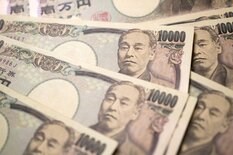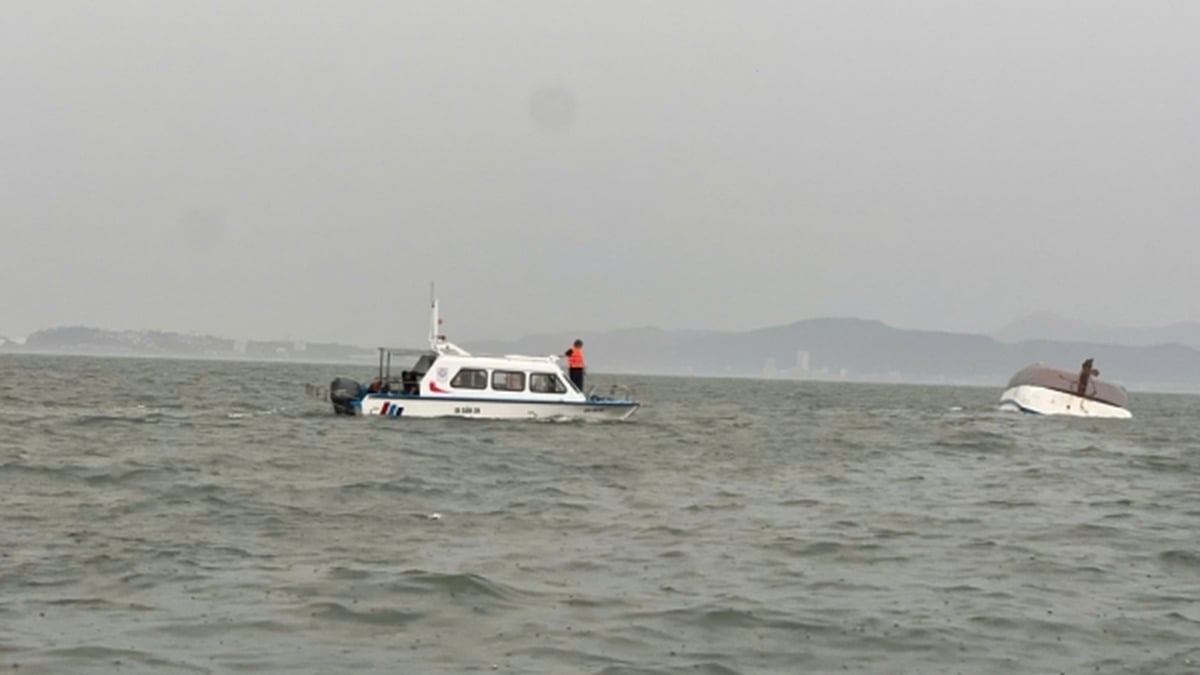
Japan is once again a hot investment destination. Warren Buffett visited Toyko for the first time in more than 10 years. Last month, BlackRock CEO Larry Frink was in the Japanese capital and met with Prime Minister Fumio Kishida.
Mr. Frink described, now, "history is repeating itself" like Japan's " economic miracle" of the 1980s. Even the recent GDP figures that were below expectations will not dampen investors' optimism.
Against all odds, external shocks and two internal shifts have inadvertently changed the landscape of the Japanese economy.
The most visible shock has been to prices. While most countries have been obsessed with keeping inflation low in recent years, Japan has been keen to revive and sustain growth. Global supply has tightened and the exchange rate has weakened. While this is not the kind of inflation the Bank of Japan wants, it has changed the way businesses, workers and consumers think about wages. A path, albeit a narrow one, has opened up toward a cycle of healthier wage growth and consumption.
The other shock is geopolitical , bringing with it a wave of new investment in key industries and a restructuring of regional supply chains from which Japan is likely to benefit.
The corporate governance reforms that began under the late Prime Minister Shinzo Abe have taken hold. Indeed, Japan has entered a promising new phase, with investors and even the stock exchange putting more pressure on large companies to raise their market capitalizations. In addition, the old-style leadership is gone, and now it is the time for young entrepreneurs with new thinking.
But much of Japan’s economy remains untouched. To change that, the BOJ will need to abandon outdated policies, such as yield curve control. Over time, rising interest rates will also become a problem.
Corporate reform must also be accelerated. Japanese companies have mastered advanced forms of governance, but they need to improve on their substance. About 40 percent of Topix 500 companies trade below book value. With so many external factors at play, business leaders must not only stabilize their companies but also grow them. Fortunately, they have plenty of room to act after years of hoarding cash.
Mr Kishida has promised to focus on economic growth, and has talked more about supporting start-ups than his predecessors. But his latest economic package, announced earlier this month, focuses on tax cuts. Stimulus measures are seen as less effective in terms of long-term growth.
Source
































































































Comment (0)